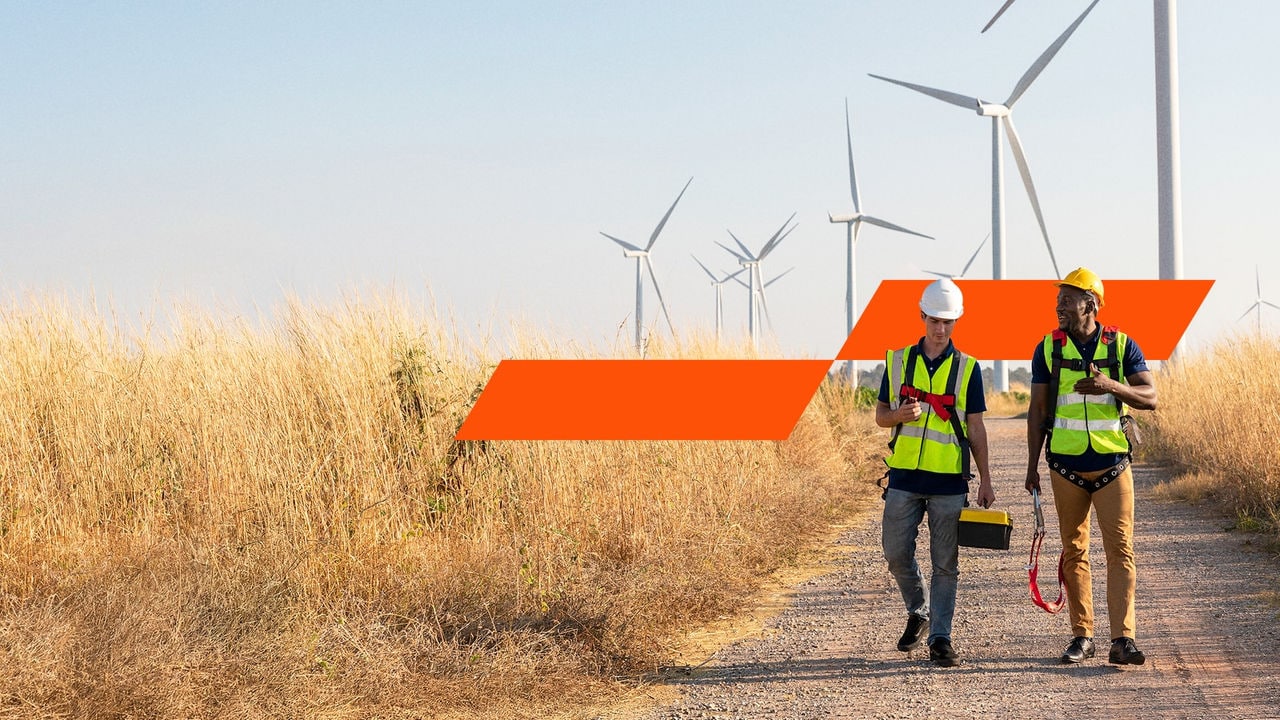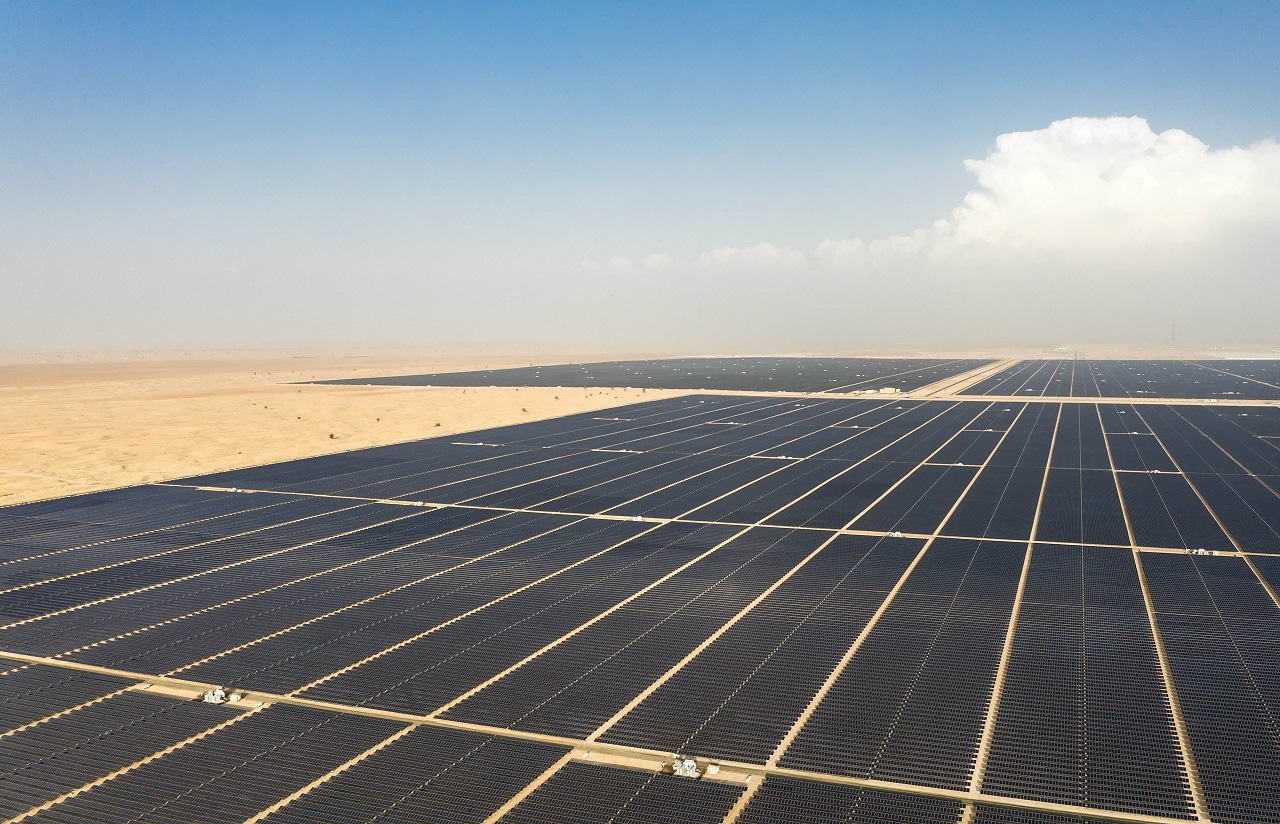Committing to net zero with 2030 goals

Climate change is one of the most pressing problems facing our world today and, in particular, for the Middle East region, which is vulnerable to the climate crisis. At PwC Middle East, we believe the business community has a key role to play in accelerating the transition to a greener tomorrow - and we’re determined to play our part. On 15th September 2020, PwC made a worldwide commitment to achieve net zero greenhouse gas (GHG) emissions with near-term science-based targets set for 2030.
netzero video
Our net zero commitment is underpinned by near-term targets in line with a 1.5 degree scenario to prevent the impacts of climate change, as set out in the Paris Agreement. The commitment includes supporting our clients and supplier to reduce their emissions as well as reducing those from our own operations.
This bold commitment means we are decarbonising the way we operate, including a 50% reduction in scope 1 and 2 emissions and a 50% reduction in business travel emissions from a 2019 base. Furthermore, we will accelerate our transition to 100% renewable electricity, which supports our goal of becoming 100% renewable in the Middle East by 2022.
In addition to taking these steps, we will continue supporting carbon removal projects, building on our 2018 environmental commitment. This means that for every remaining tonne (CO2 equivalent) that we emit, we will remove a tonne of carbon dioxide from the atmosphere, to achieve net zero with 2030 goals. Our projects will be selected on the basis of quality criteria and verification of the carbon reduction impact, and will also support broader local economic and social development co-benefits. To mitigate our impacts today, we will continue to offset our emissions through high-quality carbon credits. For more information about PwC’s global carbon offsetting portfolio, click here.
At PwC Middle East, we recognise our responsibility to accelerate decarbonization. It is in the interests of everyone that we see systemic change that aims to avert climate catastrophe and unlocks the potential of green growth.

Investing in renewable electricity
As solar energy in the Middle-East region witness a significant growth in the market, in an effort to achieve ambitious plans in the race to Net Zero, we at PwC Middle East are excited to contribute and be part of this journey.
With more than 26 offices accounting for about 15% of our total carbon emissions, we have made the decision to switch to renewable electricity. As global members for RE100, we are proud to announce that our Egypt, Jordan and UAE offices are now powered by 100% renewable electricity from solar sources.
It has been a major step towards achieving our goal of net zero with 2030 goals. As countries move closer to embrace clean electricity, we shall continue to look for further opportunities to decarbonise our operations.







